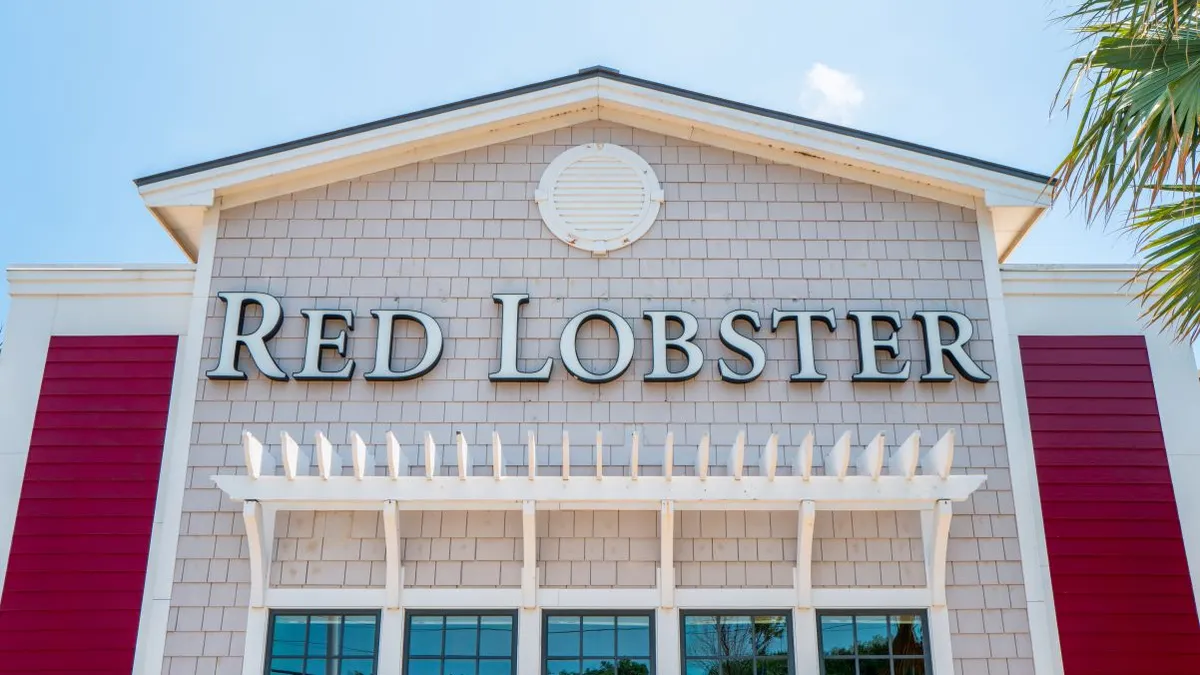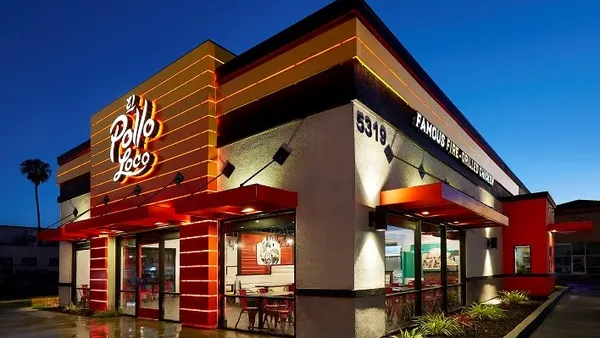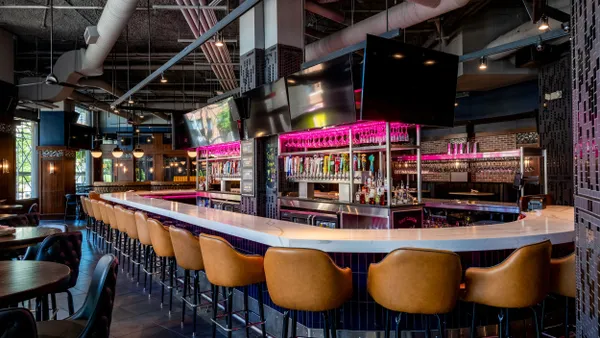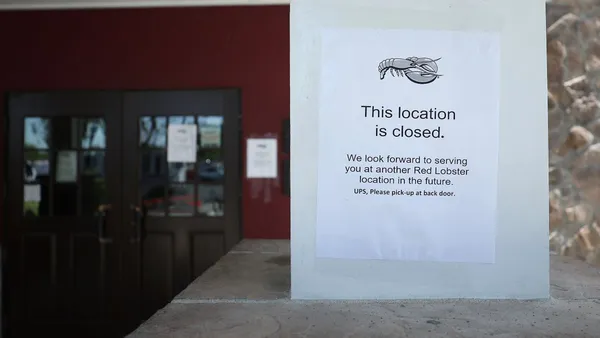The first half of 2024 was incredibly challenging for the restaurant industry, which continues to face rising labor and operating costs and declines in traffic.
Several casual chains, including TGI Fridays, Bloomin’ Brands, Hooters and Denny’s closed underperforming locations. Red Lobster closed roughly 100 locations and then declared bankruptcy. The bankruptcy of the full-service seafood chain was among the most dramatic during the first half of the year — the culmination of years of growing debts and costs and declining cash flow punctuated by an Ultimate Endless Shrimp offer that led to millions in losses.
Other chains, including Rubio’s, Tijuana Flats and Sticky’s Finger Joint, faced bankruptcy and have restructured or are in the process of restructuring. Rubio’s, which previously declared bankruptcy in 2020, cited the $20 fast food minimum wage that went into effect in California in April as one reason why it filed for Chapter 11 protections this time around.
It wasn’t just chains that pursued this path. As Restaurant Dive predicted earlier this year, a handful of franchisees went bankrupt, continuing the trend of operators succumbing to financial woes and rising debt. Miracle Restaurant Group, a 25-unit Arby’s franchisee, for example, went bankrupt citing ongoing inflationary pressures, negative same-store sales and the failure of the IRS to issue a timely $3 million refund to the company as part of Employee Retention Tax Credits. Miracle also failed to sell several underperforming restaurants.
Here’s a look back at the biggest bankruptcies of the first half of the year.














